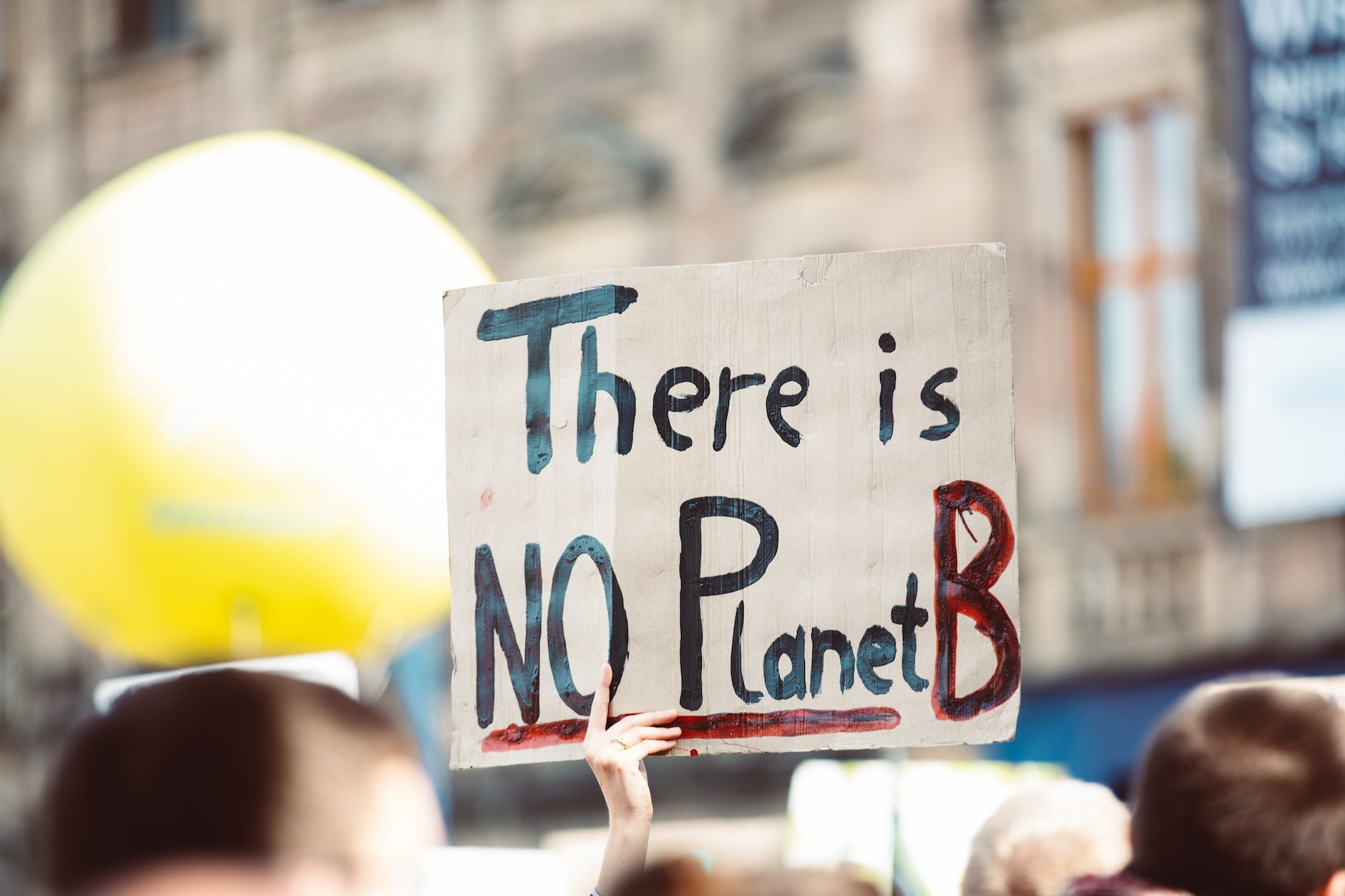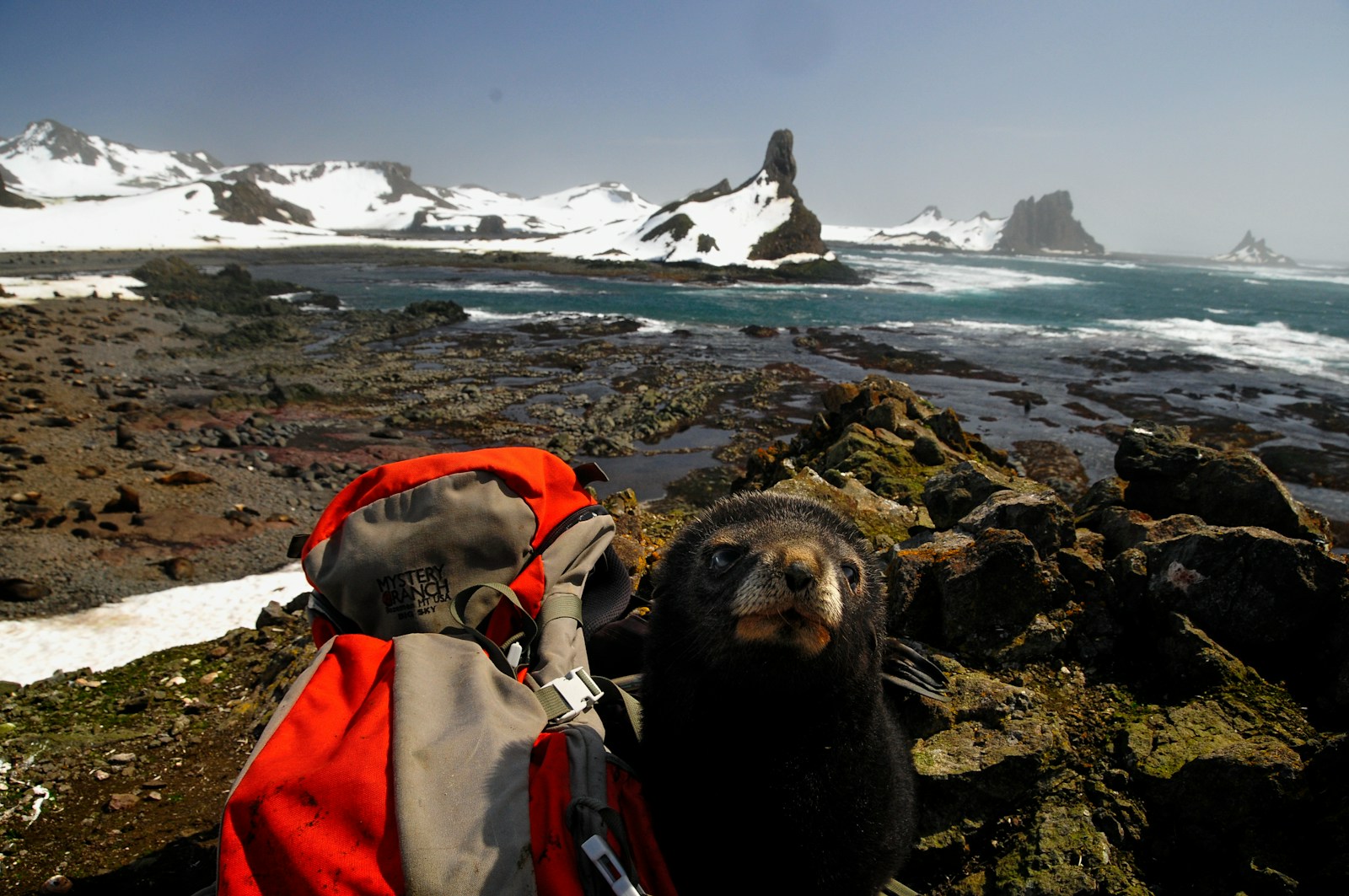Climate change is one of the biggest challenges that our planet faces today. The Earth’s temperature is rising at an alarming rate due to human activities, leading to many negative consequences. This article will discuss the impacts of climate change and the actions that can be taken to address it.
Table of Contents
ToggleUnderstanding Climate Change
Climate change refers to the long-term changes in the average weather patterns that have come to define Earth’s local and regional climates. This can include changes in temperature, precipitation, wind patterns, and other measures of climate.
The main cause of climate change is the emission of greenhouse gases such as carbon dioxide, methane, and nitrous oxide into the atmosphere. These gases trap heat from the sun and cause the Earth’s temperature to rise, leading to the phenomenon known as global warming.

Impacts of Climate Change
Climate change has far-reaching impacts on the environment, economy, and human health. Some of the most significant impacts are:
Rising Sea Levels
One of the most noticeable impacts of climate change is the rise in sea levels. As the polar ice caps melt, the volume of water in the ocean increases, causing sea levels to rise. This can lead to coastal flooding, erosion, and displacement of communities that live near the coast.
Extreme Weather Conditions
Climate change is also leading to more frequent and severe weather events such as hurricanes, droughts, and heatwaves. These events can have devastating consequences on communities and can cause widespread damage to infrastructure and crops.
Decreased Food Security
Changing weather patterns and increased frequency of extreme weather events can also have a significant impact on food production. Droughts can cause crops to fail, and floods can wash away fertile soil, leading to decreased food security for many communities.
Health Impacts
Climate change can also have a negative impact on human health. Rising temperatures can increase the spread of disease-carrying insects, and air pollution from the burning of fossil fuels can lead to respiratory problems.
Addressing Climate Change
There are many actions that can be taken to address climate change and reduce its impacts. Some of these include:
Reducing Greenhouse Gas Emissions
The most effective way to address climate change is to reduce the emission of greenhouse gases. This can be done by using cleaner energy sources such as wind, solar, and hydropower, and by reducing energy consumption through energy efficiency measures.
Protecting and Restoring Forests
Forests play a critical role in absorbing carbon dioxide from the atmosphere. Protecting and restoring forests can help to reduce the amount of carbon dioxide in the atmosphere and slow down the pace of climate change.
Promoting Sustainable Agriculture
Sustainable agriculture practices can help to reduce greenhouse gas emissions from the agricultural sector and improve food security. This includes practices such as reducing tillage, planting cover crops, and using drought-resistant crops.
Supporting Climate-Friendly Policies
Governments can play a crucial role in addressing climate change by implementing policies that promote clean energy and reduce greenhouse gas emissions. This includes tax incentives for clean energy development, regulations to limit emissions from industry and transportation, and investment in research and development of new technologies.
Conclusion
In conclusion, climate change is a pressing issue that requires immediate action. The impacts of climate change can be far-reaching and devastating, but there are many actions that can be taken to address it. By reducing greenhouse gas emissions, protecting and restoring forests, promoting sustainable agriculture, and supporting climate-friendly policies, we can work together to slow down the pace of climate change and protect our Earth.








5 thoughts on “The Impacts of Climate Change and What We Can Do to Address It”
Pingback: 2023 Global Risk Report: Most Severe Risks in the Coming Decade
Pingback: Understanding the Impact of Moon Dust on Climate Change
Pingback: JJ Lin and Climate Change - Sustainability Awakening
Pingback: Climate Change Alters the Wine Flavors: An Exploration
Pingback: Top 5 Climate Change-Vulnerable Regions You Need to Know